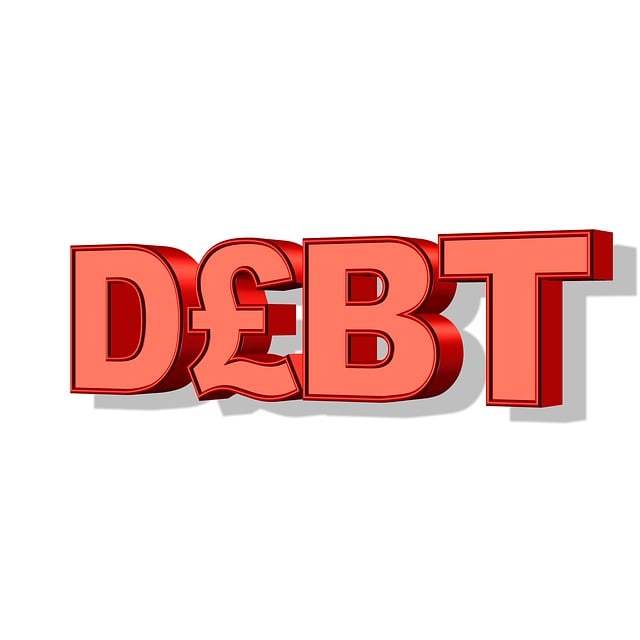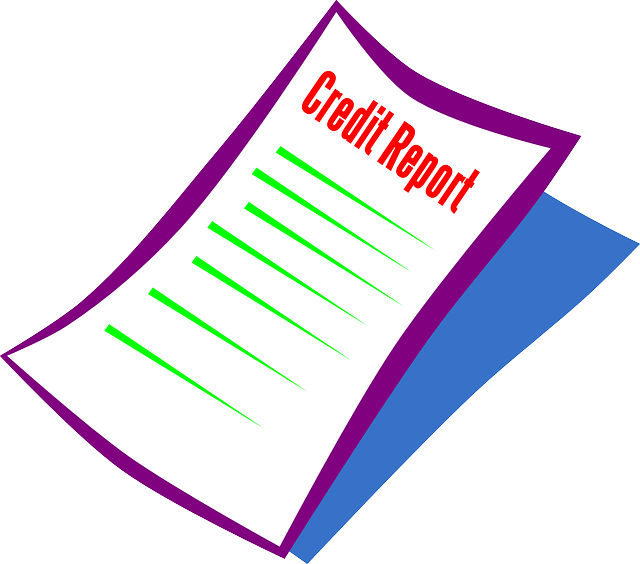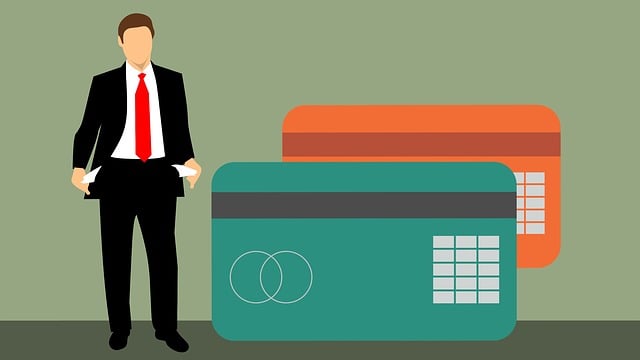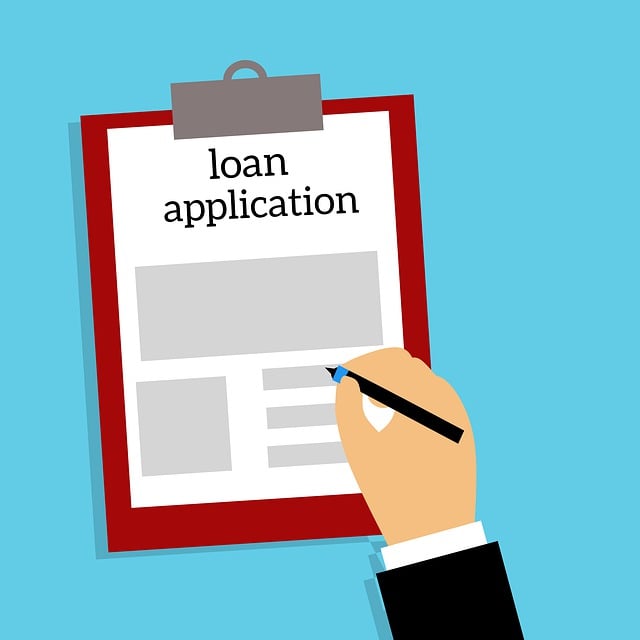Private student loan borrowers facing financial challenges have several powerful tools at their disposal. Loan consolidation simplifies repayment and reduces interest costs. Debt reduction plans, like income-driven repayment, offer affordable payments. Emergency debt assistance and debt settlement programs negotiate better terms during crises. Combining these financial crisis solutions empowers graduates to manage and overcome private student loan debts for a more secure financial future.
Struggling with student loan debt? Simplify your finances and take control of your future. This comprehensive guide explores private student loan benefits, empowering you to navigate your repayment journey effectively. Discover powerful tools like loan consolidation options to streamline payments, and financial crisis solutions for difficult times. Learn strategic debt reduction plans and know when emergency debt assistance is warranted. Lastly, understand debt settlement programs for a potential fresh start.
- Understanding Private Student Loan Benefits: A Comprehensive Guide
- Loan Consolidation Options: Simplifying Your Repayment Journey
- Financial Crisis Solutions: Navigating Student Debt Difficulties
- Debt Reduction Plans: Strategic Approaches to Pay Off Loans
- Emergency Debt Assistance: When and How to Access Support
- Debt Settlement Programs: Negotiating for a Fresh Start
Understanding Private Student Loan Benefits: A Comprehensive Guide

Understanding Private Student Loan Benefits: A Comprehensive Guide
Private student loans offer unique advantages that can be instrumental in navigating financial challenges. One of the key benefits is the availability of loan consolidation options, allowing borrowers to streamline multiple debts into a single, more manageable payment. This not only simplifies financial management but also provides significant savings through lower interest rates and extended repayment periods. Moreover, many lenders provide emergency debt assistance programs designed to help students cope with unforeseen financial crises, ensuring they can focus on their education without the burden of overwhelming debt.
Debt reduction plans are another valuable aspect of private student loan benefits. Lenders often offer flexible strategies to pay down balances more efficiently, including income-driven repayment plans that tie monthly payments to borrowers’ earnings. Additionally, debt settlement programs can negotiate with lenders for reduced interest rates and principal amounts, offering a potential path to debt elimination faster than traditional methods. These comprehensive solutions make private student loans a viable option for students looking to manage and ultimately overcome their loan debts.
Loan Consolidation Options: Simplifying Your Repayment Journey

Many graduates find themselves navigating a complex financial landscape post-education, often burdened by multiple private student loans with varying interest rates and repayment terms. This can lead to a confusing and challenging debt management journey. However, there’s a silver lining in the form of loan consolidation options that offer a simplified path to financial stability. By consolidating your loans, you can streamline your debt reduction plans and potentially lower your overall interest expenses.
In times of financial crisis, exploring emergency debt assistance or debt settlement programs becomes crucial. These programs are designed to help borrowers who are struggling to keep up with their loan payments. Through these initiatives, individuals can negotiate terms, reduce the principal amount owed, and even secure lower interest rates, making it easier to manage their loans debt consolidation and move towards a more secure financial future.
Financial Crisis Solutions: Navigating Student Debt Difficulties

Many students find themselves grappling with a significant financial burden after graduation due to private student loan debts. During times of economic hardship or unexpected life events, managing these loans can feel overwhelming. However, there are several financial crisis solutions available to help alleviate this stress. One popular strategy is loan consolidation options, which bundle multiple loans into one manageable payment with potentially lower interest rates. This simplifies repayment and reduces the administrative hassle of keeping track of several lenders.
Additionally, debt reduction plans such as income-driven repayment (IDR) plans offer affordable monthly payments based on your earnings, and in some cases, after a set period, the remaining balance may be forgiven. Emergency debt assistance programs and debt settlement programs are also options worth exploring. These programs can help negotiate with lenders for lower interest rates or even partial forgiveness of the debt. Remember that each option has its pros and cons, so carefully evaluating your financial situation and seeking professional advice is crucial before making any decisions.
Debt Reduction Plans: Strategic Approaches to Pay Off Loans

Many graduates find themselves burdened by private student loans, often with variable interest rates and complex repayment terms. To simplify this financial challenge, understanding debt reduction plans is key. One popular strategy is loan consolidation, which combines multiple loans into a single loan with potentially lower interest rates and more manageable payments. This approach can be particularly beneficial for those with various student loans from different lenders, making it easier to manage and save on interests.
Additionally, exploring financial crisis solutions like debt settlement programs or emergency debt assistance could provide relief. Debt settlement involves negotiating with creditors to pay off a portion of your debt, while emergency assistance programs may offer temporary help during financial hardships. It’s important to research these options thoroughly and consult with financial advisors who can guide individuals through the best course of action tailored to their specific loan types and financial situations.
Emergency Debt Assistance: When and How to Access Support

Many students find themselves burdened by private student loans after graduation, often facing unexpected challenges that lead to financial strain. In such situations, emergency debt assistance can provide a much-needed lifeline. This support is designed to help borrowers navigate sudden financial crises and avoid defaulting on their loans.
Accessing emergency debt assistance involves a careful consideration of your options. Loan consolidation programs, for instance, can simplify repayment by combining multiple loans into one with potentially lower interest rates. Debt settlement programs, on the other hand, negotiate with lenders to reduce the overall balance owed. It’s crucial to explore these loan debt consolidation and debt reduction plans when facing financial hardship. Remember that each option has its pros and cons, and seeking guidance from financial advisors or specialized agencies can help determine the best course of action during a financial crisis.
Debt Settlement Programs: Negotiating for a Fresh Start

Many students find themselves burdened by private student loans after graduation, often struggling to navigate the complexities of multiple loan payments and varying interest rates. This can lead to a financial crisis that requires effective solutions. One such solution is enrolling in debt settlement programs designed to provide relief and a fresh start. These programs involve negotiating with lenders to restructure or reduce the overall debt amount.
Loan consolidation options, including emergency debt assistance programs, are part of this strategy. By combining multiple loans into one, borrowers can simplify their repayment process and potentially lower their monthly payments. This approach not only eases financial stress but also allows individuals to better manage their finances, ensuring they can meet other life goals and responsibilities without being weighed down by overwhelming loan obligations.







